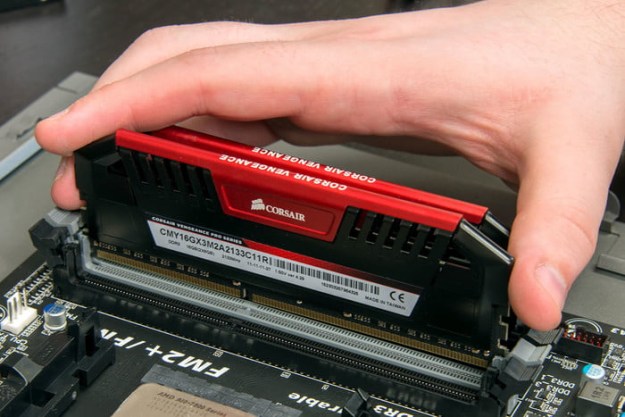
Working in conjunction with the U.S. Consumer Product Safety Commission, Hewlett-Packard has issued a recall for about 70,000 batteries sold in a variety of notebook computers from August 2007 through March 2008. The lithium-ion batteries have a risk of overheating, potentially leading to burns or fires. HP has received two reports of batteries having overheated, resulting in fires and minor property damage. To date, no injuries have been reported.
The batteries were sold in a variety of HP Pavilion and Compaq Presario notebooks, long with the HP G6000 and G7000 and the HP Compaq 6720s. Hewlett-Packard has posted a detailed list of impacted models, as well as instructions for identifying recalled batteries. HP recommends customers remove the recalled batteries and power the notebook off its external adapter until customers can determine whether their battery is part of the recall.
HP is replacing the recalled batteries free of charge. The company notes that this recall is unrelated to previous battery recalls; in 2005, HP was forced to recall over 135,000 notebook batteries, although the company avoided the massive 2005 recall of over 10 million Sony-manufactured batteries that impacted the likes of Apple, Dell, Toshiba, Lenovo, Fujitsu, and many other computer makers.
Editors' Recommendations
- How to recall an email in Outlook on Windows and Mac
- 70,000 Nvidia employees reportedly affected by recent hack
- FAA bans recalled MacBook Pro models from all flights due to battery issue
- Dozens of MacBook Pro batteries overheated before Apple issued a recall
- MacBook Pro catching fire? Apple issues safety recall for overheating batteries


